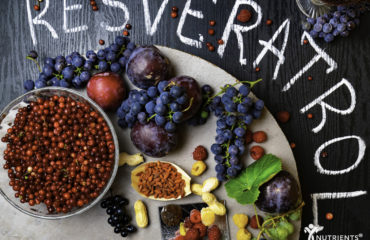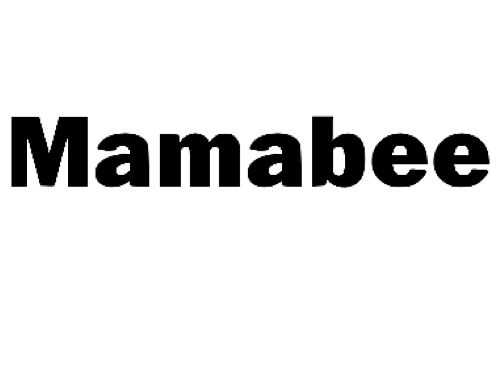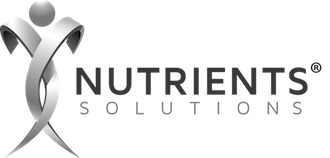Wellness Demystified: We Can Help You Discover Optimum Health
A Comprehensive Guide to Dietary Minerals and their Food Sources

Minerals are inorganic substances needed for the proper functioning of the human body. Minerals are essential for many purposes, including the formation of bones, teeth, and healthy cells. Ensuring adequate intake of these essential minerals is crucial for a healthy body and mind. Most people can gain sufficient mineral intake from their diet, although some people may need supplements to boost their levels of one or more specific minerals.
Calcium
Calcium is needed for the formation and protection of healthy bones and teeth. It also helps to ensure healthy muscle contractions, including contractions of the heart. Some studies have shown calcium can help lower blood pressure and protect against some cancers, particularly breast cancer and colon cancer. Inadequate intake of calcium can lead to osteoporosis and other conditions affecting the bones. The richest food sources of calcium include milk, yogurt, cheese, soy products, green leafy vegetables, nuts and sardines.
Magnesium
Magnesium is an essential mineral that helps the body convert carbohydrates into energy. Magnesium also works with calcium to build healthy bones and teeth, aid proper muscle contractions, and ensure normal blood clotting. In addition, the combination of magnesium and calcium can help lower blood pressure. The best food sources of magnesium include spinach, broccoli, milk, sunflower seeds, pumpkin seeds and cashews.
Phosphorous
Phosphorous helps build strong bones, protects teeth, and converts food into energy. Excessive intake of phosphorous can lead to a reduction in calcium levels, so supplements should only be taken under the observation of a doctor. The best food sources of phosphorous include beef, chicken, fish, milk, yogurt, cheese, rice and oats.
Sodium
Excessive intake of sodium (salt) is a common cause of hypertension, also known as high blood pressure. Experts often advise people to reduce their intake of sodium, mainly if there is a family history of heart disease. However, moderate intake of sodium is essential to ensure healthy muscle contractions. Sodium also helps balance the levels of fluid in the body. Supplementation is rarely needed, as most people consume enough sodium through their regular diet.
Potassium
Potassium helps balance the levels of fluid and sodium in the body. It can also help reduce blood pressure and aid muscle contractions. Excessive intake can cause nausea and stomach problems, with older people who are more at risk of side effects when taking potassium supplements. Most people can obtain adequate amounts of potassium through their diet, with bananas, shellfish, beef, chicken, nuts, seeds and milk providing the richest sources of potassium.
Iron
Iron is essential for the formation of healthy red blood cells. Inadequate intake can lead to iron-deficiency anemia, particularly in women experiencing heavy periods. Women of childbearing age are often iron deficient. Adequate intake of vitamin C is essential for the absorption of iron. The best food sources of iron include liver, beef, eggs, dried fruit and leafy green vegetables. As iron is harder to absorb from plant products, vegetarians should consider taking an iron supplement to boost their intake.
Zinc
Zinc aids the production of enzymes and is essential for wound healing and a healthy immune system. Vegetarians are often deficient in zinc and can benefit from boosting their intake of zinc-rich foods. Excess intake can prevent the body from absorbing copper, so you should check with your doctor before taking zinc supplements. The best food sources of zinc include beef, chicken, shellfish, milk, beans, nuts and fortified breakfast cereals.
Iodine
Iodine is a trace element needed to make thyroid hormones. Lack of iodine can lead to thyroid disorders, causing health problems, including weight gain. Most people can gain adequate amounts of iodine from their diet, with fish, shellfish, whole grains and cereals providing the best sources.
Selenium
Selenium acts as an antioxidant, helping prevent cell damage and boosting the immune system. Excessive intake can lead to selenosis, a condition that causes hair loss and other distressing symptoms, so it is best to avoid high-strength supplements. The best food sources of selenium include nuts, liver, fish, beef and eggs.
Copper
Copper is needed to produce healthy red and white blood cells. It is also thought to be essential for the growth and development of young children. Excessive intake can cause stomach pain and nausea. The best food sources of copper include liver, shellfish, nuts and prunes.
Manganese
Manganese is needed in small amounts for metabolizing cholesterol, carbohydrates, amino acids and other nutrients. The best food sources of manganese include black tea, peas, whole grains, cereals and nuts. Excessive intake of manganese can cause nerve damage and chronic exhaustion.
The human body also needs small amounts of other minerals, including chromium, boron, cobalt, molybdenum, nickel, sulfur, fluoride and silicon. However, deficiencies of these minerals are extremely rare, as most people obtain adequate amounts from their diet.
© 2019 Nutrients Solutions, LLC. All rights reserved. Disclaimer: The information provided is for educational purposes only and does not constitute medical advice. Always seek the advice of your physician or qualified healthcare provider with any questions or concerns about your health. Check with your doctor before beginning any exercise program. Never disregard or delay seeking medical advice because of something you have heard or read in this article or the internet.












